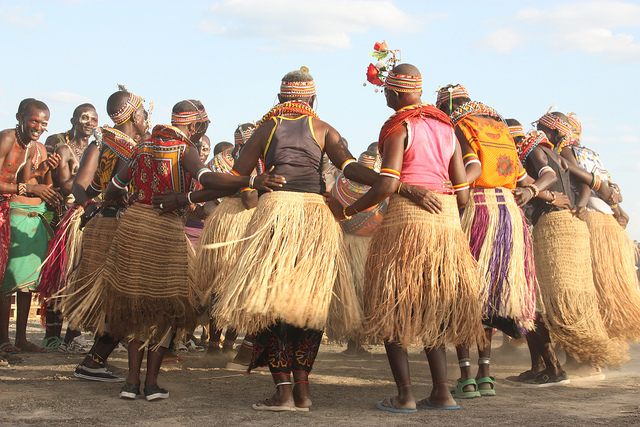The prominence of the music, media, theater, and television scene contributes to Kenya’s growing economy. Live entertainment and performing arts are heavily enjoyed amongst crowds but can also symbolize the overcoming of a dark past (Porter, 2022). Existing in not only Kenya’s culture but also African culture is the urge to oppose the infiltration of European legal procedures, medicines, political processes, and religion that do not coincide with traditional values possessed by Africans that their ancestors passed down. Common trades in Kenyan societies include pottery, beadwork, and wood carving (Murage, 2023). As a result of Great Britain’s colonization and control of Kenya until 1963, the two share similar sporting interests. Soccer, cricket, rugby, golf, bowling, squash, and polo are popular in Kenya (World Trade Press, 2010). In rural areas in Kenya, fewer resources are available to locals.
Experiencing a higher poverty rate, many residents of rural Kenya live agriculturally. Aside from farming, irrigation access, and livestock are other ways these families maintain feasible incomes (World Agroforestry, 2010). Christianity is the most commonly practiced religion among Kenya’s population, making up 85% of the population. This includes Protestants, Catholics, and Evangelicals. 10% are Muslim or followers of Islam, while 5% follow other religions (Kamer, 2022). Sometimes, religious practices derived from indigenous beliefs can cause tension between Kenyan and Christian churches. Religious groups in Kenya however, are typically treated equally. The Registrar of Societies allows newly registered religious organizations to apply for tax-exempt status, including exemption from the duty of imported goods (World Trade Press, 2010). Although there is currently no religious conflict in Kenya as of today, one factor that is relative to the issue contributing to a geographical decline is terrorism. Corruption and disagreements among allied powers have been the leading causes of past terrorist attacks in the area (Oino & Sorre, 2022). Detrimental to the country’s politics, economy, and social life, terrorism leads to an increase in security and a decrease in tourism and visitors.
Page Author: Ritchy Isaac




